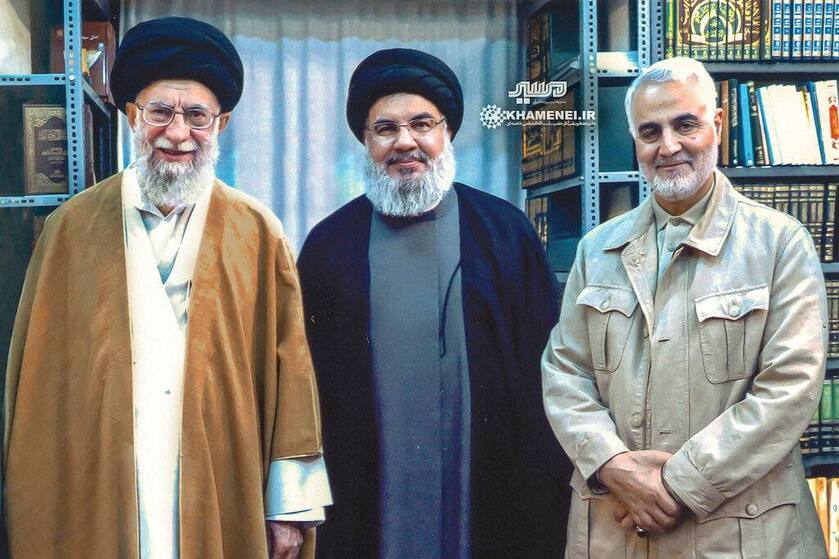On January 14, 2025, Armenia and the United States signed the Strategic Partnership Charter, marking a significant enhancement in their bilateral relations.
On January 14, 2025, Armenia took a historic step, signing a Strategic Partnership Charter with the United States. For decades, this small South Caucasus nation has walked a delicate line, relying heavily on Moscow for security and support. But this bold agreement signals a decisive shift toward the West, shaking up the regional balance of power.
The new agreement outlines several key areas of cooperation that could reshape Armenia’s future:
1. Strengthening Defense:
Armenia will receive enhanced military training and integrate its systems with Euro-Atlantic defense standards. This move reduces its reliance on Russian military aid, giving Armenia greater autonomy to protect its borders and sovereignty.
2. Advancing Nuclear Energy:
The two nations have agreed to begin talks on a 123 Agreement, enabling peaceful nuclear cooperation. With Armenia’s aging Metsamor nuclear plant nearing its end, this partnership could secure the country’s energy independence.
3. Driving Economic and Democratic Reform:
The U.S. will provide support for Armenia’s economic development and democratic governance, helping stabilize the nation and fostering long-term growth.
Why Now?
Armenia’s pivot isn’t just about seizing new opportunities—it’s about addressing old frustrations. In recent conflicts with Azerbaijan, Russia’s tepid response left Armenia feeling abandoned by its traditional ally. Growing mistrust in Moscow has opened the door for stronger ties with the West. This new partnership with the U.S. is more than a symbolic gesture. It represents Armenia’s determination to chart its own course, even as it navigates its regional challenges.
Russia’s Response
As expected, Moscow isn’t happy. Russian officials have labeled the agreement destabilizing and accused the U.S. of encroaching on their sphere of influence. But here’s the thing: even the Kremlin has acknowledged Armenia’s right to make its own decisions—a subtle nod to the diminishing leverage Russia holds over its former satellite states.
For Washington, this is more than Armenia. The South Caucasus is a strategically critical region, bordering the Middle East and serving as a vital energy corridor. Also, if the US does nothing in Armenia, they will likely fall into the hands of Iran. Strengthening ties with Armenia is a clear step toward promoting regional stability and countering authoritarian influence. This partnership is a gamble for Armenia. Strengthening ties with the West may alienate traditional allies like Russia while intensifying tensions with Azerbaijan. But Armenia seems ready to take that risk, betting on a future defined by sovereignty and self-determination rather than dependence.
The U.S.-Armenia Strategic Partnership Charter is more than an agreement—it’s a declaration of intent. Armenia is stepping out of Russia’s shadow and into a new era, one where its alliances reflect its aspirations for freedom, stability, and progress. This is a pivotal moment for a small nation with big ambitions. Whether it succeeds or struggles, one thing is certain: Armenia is no longer content to be a pawn in someone else’s game. It’s making its own moves now—and the world is watching.
Chuck and Connie are leading a tour of Armenia in June 2025. If you'd like to join us to get to know this amazing country, click here.

















